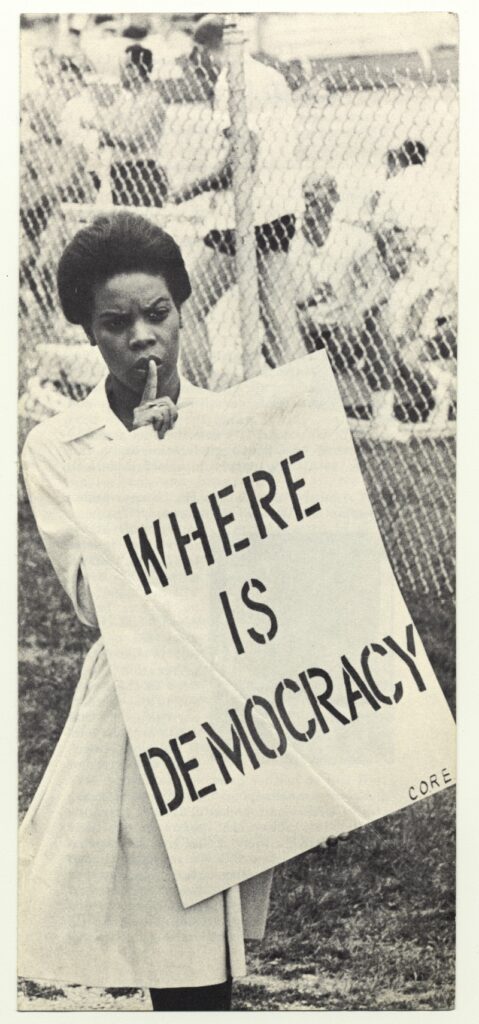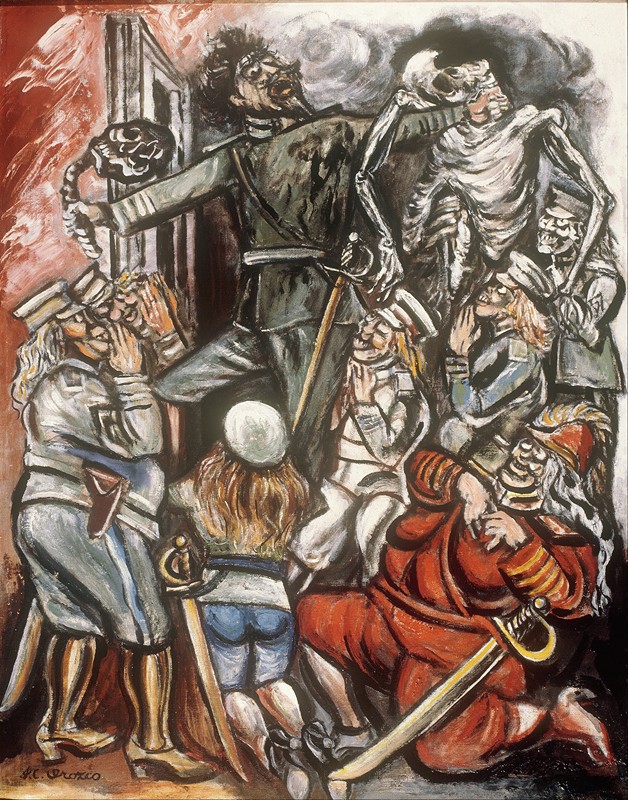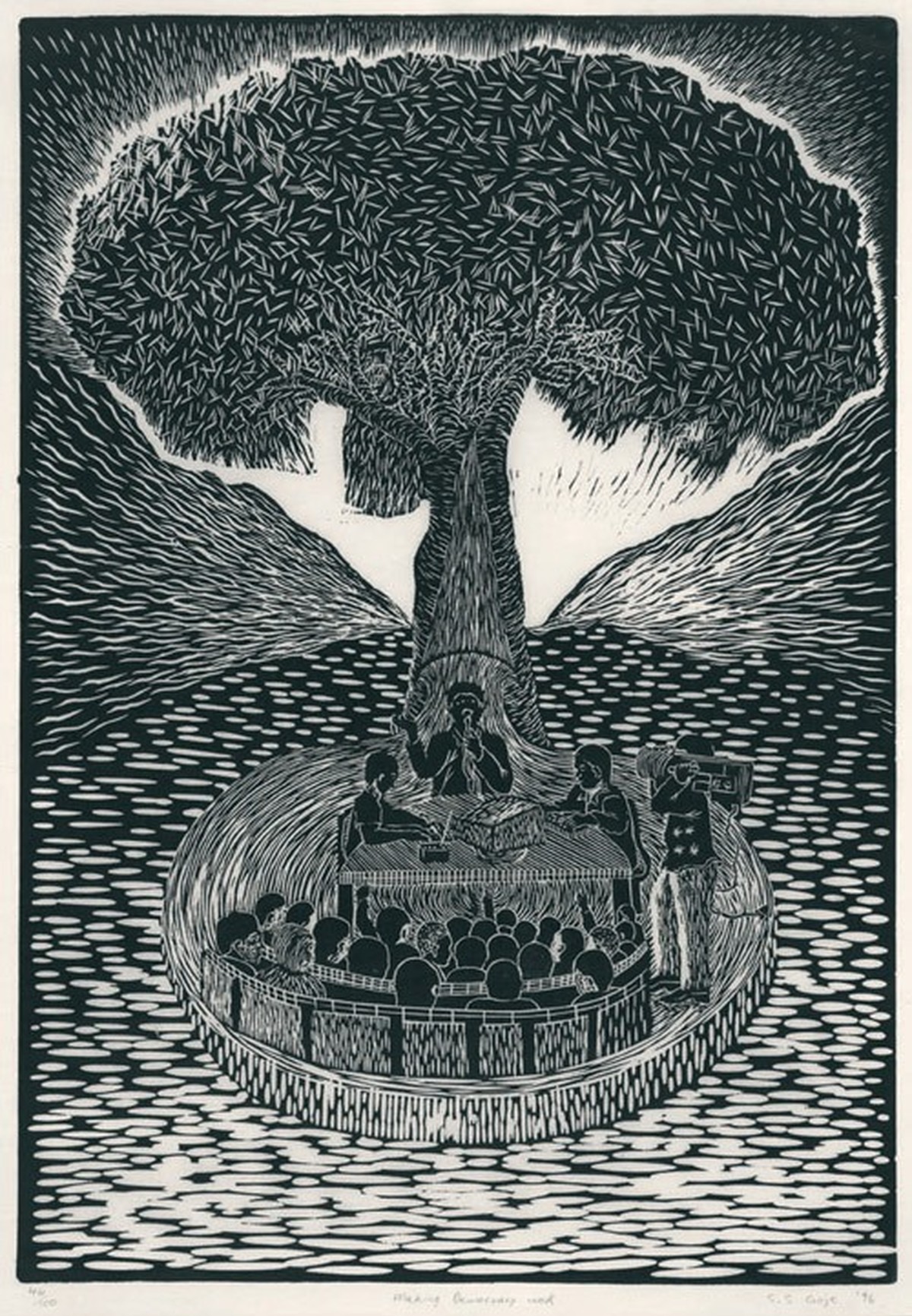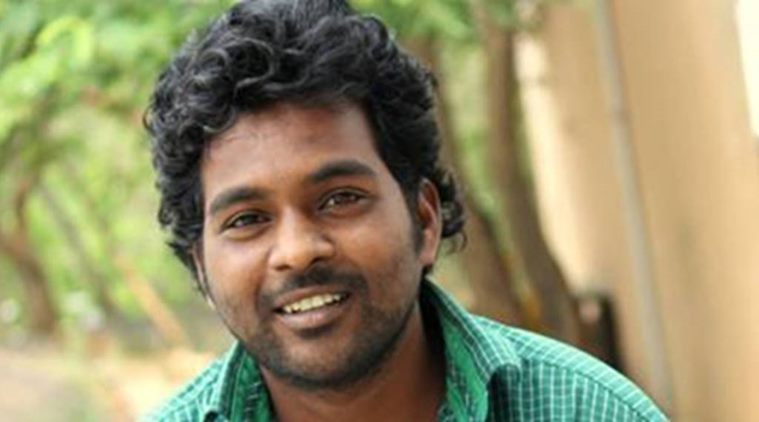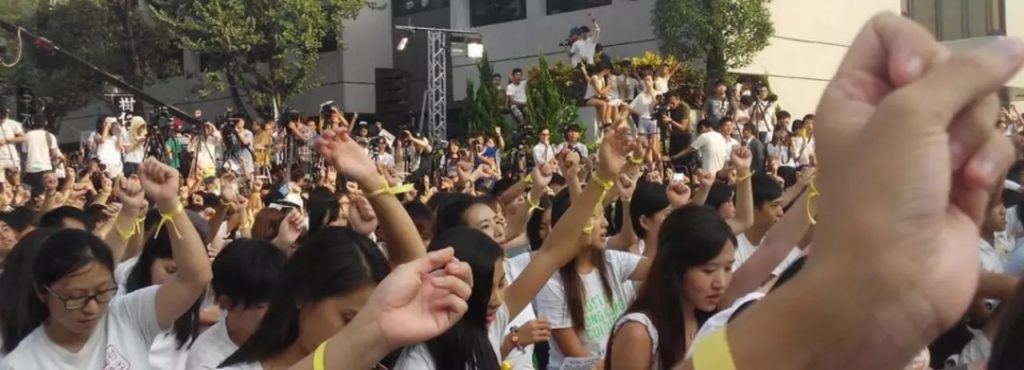
Democracy got taxed on April 15th: for Kilmar Armando Abrego Garcia (2025)
Democracy got taxed on April 15th;
Nobody in the Oval Office flinched.
The lawyers weren’t litigious;
They simply ignored The Supreme Court.
And, the billionaires were the only ones who purchased stocks.
Lady Liberty’s lips were painted red;
Planes and choppers crashed and burned.
While the Tech-bros purchased crypto through a Trump owned Bitcoin firm.
Christian Nationalist cried out: “no more room in this inn”;
You’re taking all the good White Jobs with your brown and dusky skin;
Because irony isn’t dead now; it’s just broken — and it limps;
A candidate for Her own disability act.
Because, Democracy got taxed on April 15th.
And, the tariffs:
Well — they made world markets plunge.
While a capricious mind and DOGE cuts losses;
Augmented markets we’d expunged.”
Losing both principle and interest;
From the tiny piles we’d made.
The sound of no dollars clapping.
Dollars merging with the void;
“Awwwwwww; just relax and play it cool”;
The talking heads said, annoyed.
Savings merging with the void like mindful devout Buddhist
With the price of groceries still rising — ashes to ashes and dust to dust.
Show us our investment balances before we saw the face of Trump.
While billionaires still made millions;
In an old fashioned pump and dump.
‘Cause insider trading is a Presidential stock tip.
When Democracy got taxed on April 15th.
We all got distracted from an immigrants plight;
A working and beleaguered family man.
A sheet metal apprentice trying to make a stand.
No convictions on the books in his adoptive Motherland.
Before being kidnapped to a foreign prison;
Whisked away;
And out of sight.
While a felon in The White House who got his due process;
Attacks guardians of justice;
Revenge on America’s best;
Extra judicial convictions and paperwork mistakes.
“We’ll facilitate his travel if Bukelele understands”
The world’s coolest dictator — he may just have a plan;
About: administrative errors.
And; to the Republic for which we stand.
He’s 44 and opinionated
And, not Zelensky bland.
He dresses like a club promoter,
And is perfectly beach tanned
But — oopsie — it’s a difficult flight from El Salvador to here.
Now that Democracy got taxed on April 15th.
Fire bombs are flying in a Pennsylvania Governor’s mansion;
Because Democracy is taxed about to break from the reaction;
To laws and words stretched to their limits — what makes this night different from the rest?
Facilitate.
Effectuate.
Equivocate.
DETONATE!
The Death Angel passed over Shapiro although Cody did his best!
As Democracy got taxed on April 15th
“We are not monsters
We’re just doing what we’re told”
Say the jackbooted uniformed Golems before they turn on us
(U-S).
“Awwwwwww, It’s just all Radical woke propaganda parading as the news;
Misinterpreting our methods and how our nation moves.”
We are slowly ceding our human rights
Until we’ll have no more rights to lose.
Until addition becomes subtraction;
And we have no right to choose
Freedom to learn;
And, not freedom from learning;
Will they soon come for me?
Now that Democracy is burning!
Forever wars against elite institutions.
Whitewashed history.
Legislative prostitution.
While sycophantic toadies with their forced laughter and praise
Hump the American flag with contradictions;
Their Hoi Oligoi actions raise.
Ben the knee to an iron bank and an iron throne
Bend over like Stormy Daniels and suffer a MAGA mushroom bone!
Bend to kiss the ass of an Orange Nero with Caligula inspired impulses.
As He plays Monopoly with the GDP;
And we, like Atlas, bear the losses.
From America First;
To America alone;
American Exceptionalism
Except the Social safety net
Hasn’t figured out how to catch us
Because it hasn’t been funded yet.
Retirement age or older must it be our greatest fear;
That the safety net won’t catch us if it’s not in good repair.
We who believe in freedom will not rest;
Or, go back to the 18th century to rule the 21st
As Democracy gets taxed on April 15th.
As Democracy gets taxed on April 15th.
As Democracy gets taxed on April 15th.
(By Heidi Lindemann and Michael Perry)


